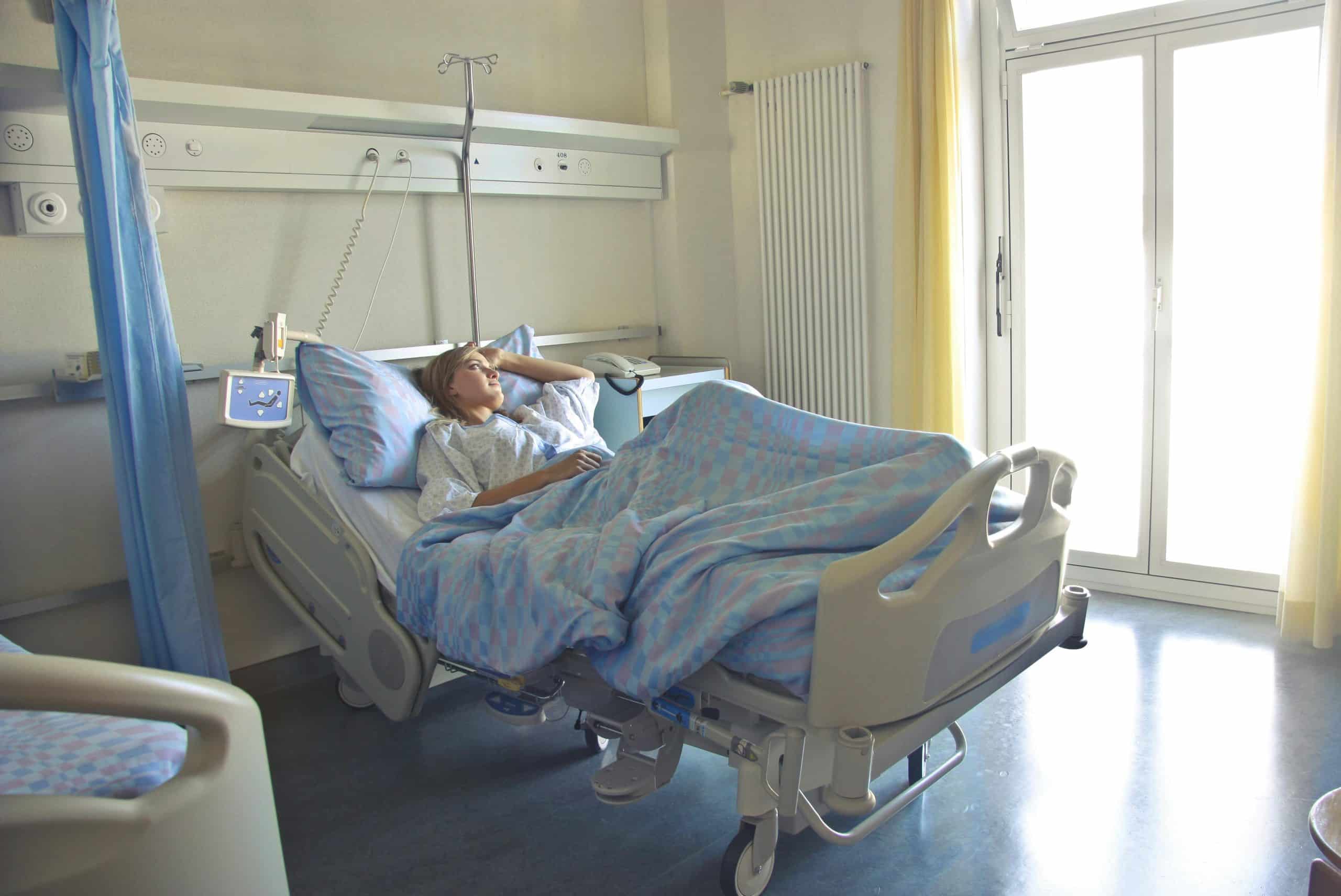In the challenging journey that is cancer treatment, the role of social support networks remains an underexplored yet crucial element. As medical scholars and healthcare providers continue to strive for improved patient outcomes, a growing body of research indicates that these networks could play an integral part in enhancing the quality of life and health of cancer patients undergoing chemotherapy. This article delves into this immersive topic, examining how social support networks can foster better outcomes for patients battling cancer.
The Role of Social Support Networks in Cancer Care
It’s common knowledge that cancer patients experience a multitude of arduous challenges. Beyond the physical toll of the disease and treatment, psychological distress, including depression, anxiety and fear, is rampant. Here is where social support networks come into play.
Dans le meme genre : What Is the Role of Occupational Therapy in Managing Hand Arthritis?
Social support networks, including family, friends, health care providers, and even online communities, can provide emotional solace, practical help, and informational advice to those undergoing cancer treatment. A study published on PubMed highlighted that social support networks could mitigate emotional distress, improve patients’ adjustment to the disease, and enhance their ability to cope with treatment.
In the realm of breast cancer treatment, the value of social support networks is equally apparent. A group analysis conducted by scholars found that social support networks could improve patients’ perceptions of their physical functioning and overall quality of life. According to Crossref, these networks can also diminish the likelihood of depression among breast cancer patients, thus improving their mental health.
A découvrir également : Can Ingesting Collagen Supplements Improve Skin Elasticity and Reduce Wrinkles?
Google, Scholar, and Social Media as Platforms for Social Support
In the age of digital connection, online platforms are becoming increasingly popular as avenues for social support. Google Scholar, a widely-used web search engine, provides access to a vast array of scholarly articles, studies, and reports, acting as an information backbone for patients seeking clarity and understanding about their illness.
Social media platforms also offer a channel for connectivity and support. Facebook groups, Instagram communities, and Twitter conversations connect cancer patients across the globe, enabling them to share experiences, offer encouragement, and provide practical advice.
The Influence of Variables on the Effectiveness of Social Support Networks
While it’s evident that social support networks can profoundly influence cancer care, the impact these networks have can vary based on different variables. These include the patient’s personality traits, the type and stage of cancer, the treatment plan, and the nature of the social support network itself.
A study referenced by DOI revealed that patients with a more optimistic outlook and higher levels of self-efficacy might derive more benefits from social support networks. Similarly, the support network’s nature, whether it’s a close-knit family group or an online community composed of strangers sharing a common struggle, could influence its effectiveness.
Social Support Networks and the Optimization of Chemotherapy Outcomes
Optimizing chemotherapy outcomes involves more than just the medical aspects. It revolves around enhancing the overall well-being and quality of life of the patient. Social support networks can play a pivotal role in this realm.
Notably, these networks can help patients navigate the complex world of chemotherapy. They can provide practical advice on managing side effects, dealing with financial issues, and addressing the emotional turmoil that often accompanies treatment. Furthermore, they can give patients a much-needed sense of control and autonomy in their health journey.
Conclusion
In essence, social support networks can serve as a potent tool to bolster patient outcomes and improve the quality of life for cancer patients undergoing chemotherapy. Their potential, however, is not fully realized. As more studies explore this topic, the capacity of these networks to transform cancer care will hopefully become more prominent in the healthcare landscape. Whether tangible or digital, these networks deliver emotional, informational, and practical support – a triad that empowers patients to navigate their treatment journey more effectively.
Beyond Physical Support: Emotional and Informational Aid
When it comes to cancer treatment, there’s a lot more than meets the eye. Apart from the physical distress, cancer patients often grapple with a whirlwind of psychological distress, including anxiety, depression, and fear. These psychosocial aspects, though less visible, can greatly impede a patient’s treatment progress and their overall quality of life. That’s where social support networks come into the picture.
As an integral part of these networks, emotional support helps to alleviate stress and anxiety, fostering a positive mindset that can enhance the patient’s response to treatment. By offering a listening ear, a comforting word, or a simple act of kindness, family, friends, and healthcare providers can significantly mitigate the psychological burden of cancer treatment.
Informational support, on the other hand, can go a long way in empowering patients to navigate their treatment journey with confidence and knowledge. Accessing articles on Google Scholar or PubMed, patients can gain a better understanding of their condition, the available treatment options and potential side effects. Similarly, online communities and social media platforms can provide practical advice from fellow patients and survivors who understand what it’s like to walk in their shoes.
Social Support Interventions for Cancer Patients Undergoing Chemotherapy
Recognizing the importance of social support in cancer care, an increasing number of interventions are now being leveraged to enhance these networks. These interventions, often internet-based, aim to provide comprehensive support for cancer patients undergoing chemotherapy, focusing on emotional support, informational advice, and practical help.
Counseling and therapy sessions, both individual and group-based, can offer a safe space for patients to express their fears, frustrations, and hopes. Trained professionals can help patients manage their anxiety and depression, boosting their mental health.
Furthermore, educational workshops and seminars can equip patients with valuable information about their disease and treatment. They can learn how to manage side effects, understand the importance of nutrition during chemotherapy, and get practical tips on dealing with the financial and logistical challenges of cancer treatment.
Online platforms, such as cancer-specific forums and social media groups, connect patients and survivors from all over the world. These digital communities offer an invaluable source of support and encouragement, with members sharing their personal experiences and advice.
Conclusion
In light of the burgeoning body of research supporting the role of social support networks in cancer care, it’s clear that these networks can significantly improve outcomes for patients undergoing chemotherapy. They offer more than simple companionship; they deliver emotional support, informational advice, and practical help – a robust support system that enhances patient’s quality of life and optimizes chemotherapy outcomes.
While the potential of these networks is undeniable, their role in cancer care is still underutilized. As we continue to advance our understanding of their impact, we must also strive to incorporate these networks more effectively into our healthcare system. By doing so, we can empower cancer patients and their families to navigate the daunting journey of cancer treatment with strength, knowledge, and hope. Whether it’s a simple word of encouragement, an enlightening PubMed abstract, or a supportive online community, every aspect of social support counts in the battle against cancer.





